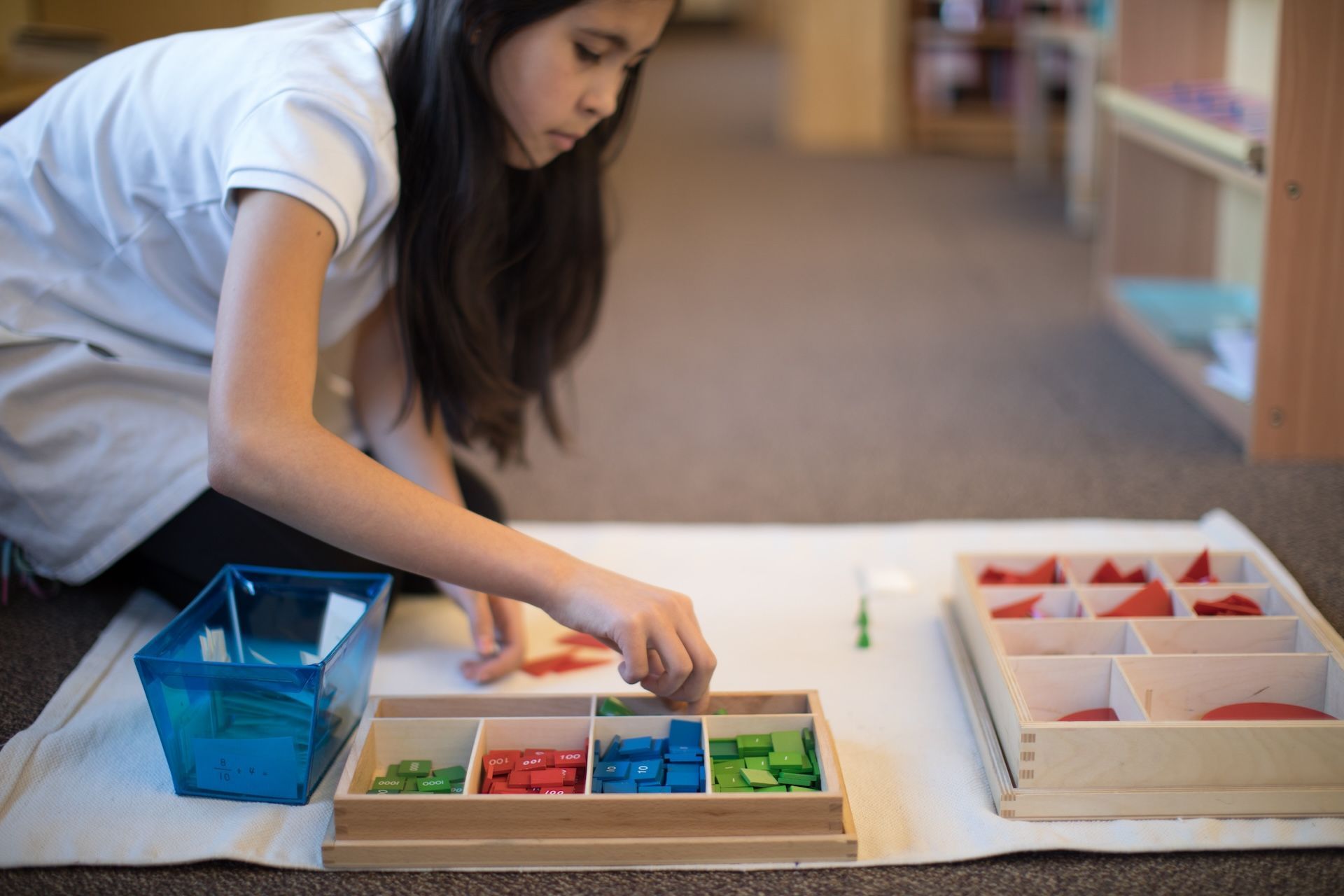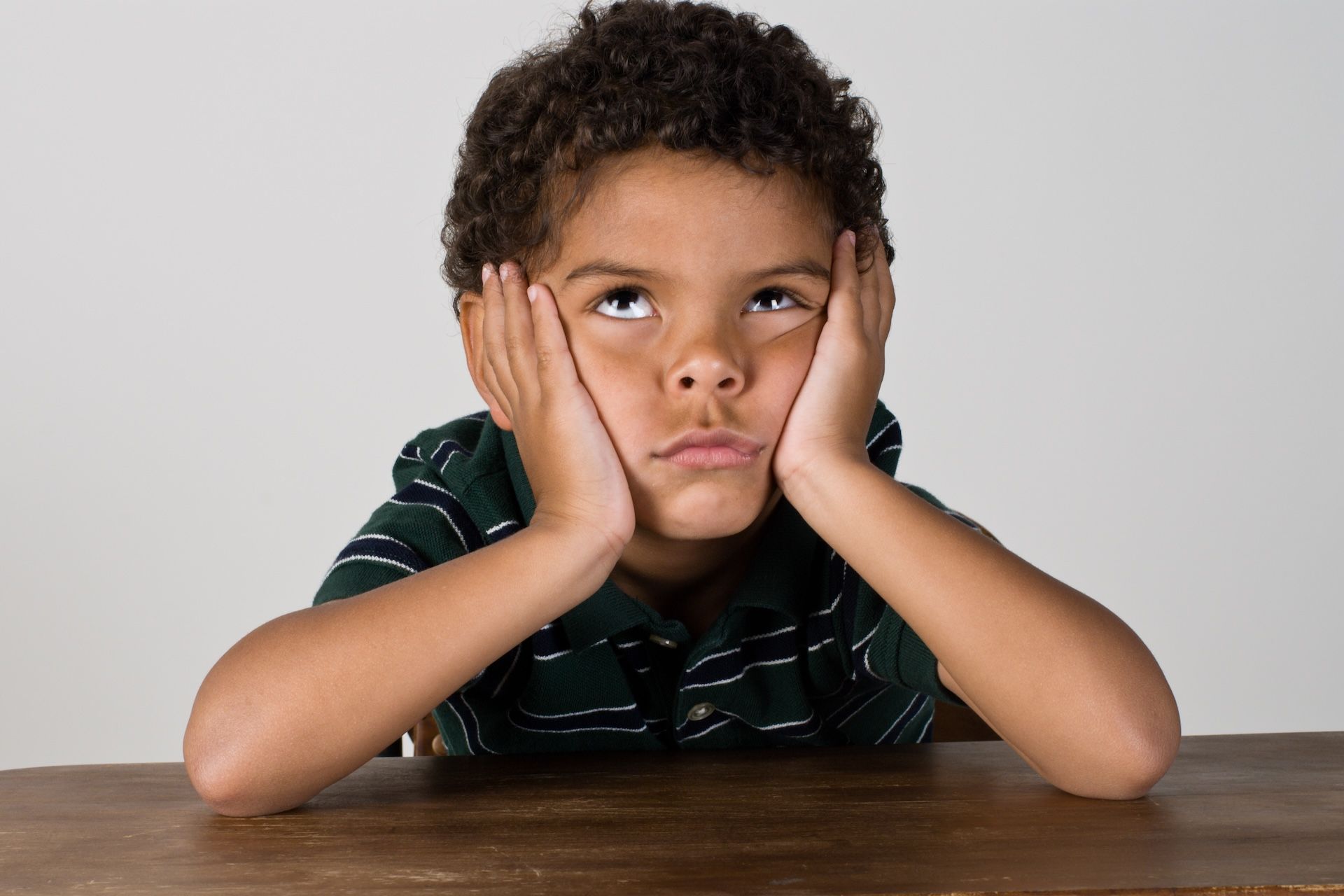


“My vision of the future is no longer of people taking exams and proceeding on that certification from the secondary school to the university, but of individuals from one stage of independence to a higher, by means of their own activity, through their own effort of will, which constitutes the inner evolution of the individual.” -Dr. Maria Montessori
Montessori is perhaps best known for its educational offerings from children aged 3-6. Though other programs for infants, toddlers, and elementary-aged children are also fairly popular and easy to find in many areas, programs for adolescents remain relatively scarce. Many Montessori families approaching the final years of local elementary offerings find themselves asking, “What’s next?” While Montessori-educated children have overwhelmingly positive transitions when they graduate to other conventional schools, it’s only natural to wonder how we might extend the experience for our children.
What did Dr. Montessori have envisioned for adolescents, and what options are available for them today?
Dr. Montessori’s Ideas
Montessori clearly laid out her plans for children from birth through age 12, but beyond that her writings are incomplete. She wrote appendices at the end of her book From Childhood to Adolescence, in which she outlined her basic ideas for an adolescent program. She referred to children of this age as Erdkinder, which in German means "children of the earth". The following are some of her thoughts (please note that these are direct quotes and do not reflect today’s gender-inclusive language standards):
"If puberty is on the physical side a transition from an infantile to an adult state, there is also, on the psychological side, a transition from the child who has to live in a family, to the man who has to live in society . These two needs of the adolescent: for protection during the time of the difficult physical transition, and for an understanding of the society which he is about to enter to play his part as a man.”
"…derive great personal benefit from being initiated in economic independence . For this would result in a "valorization" of his personality, in making him feel himself capable of succeeding in life by his own efforts and on his own merits, and at the same time it would put him in direct contact with the supreme reality of social life . We speak therefore of letting him earn money by his own work.”
"Therefore work on the land is an introduction both to nature and to civilization and gives a limitless field for scientific and historic studies. If the produce can be used commercially this brings in the fundamental mechanism of society, that of production and exchange, on which economic life is based. This means that there is an opportunity to learn both academically and through actual experience what are the elements of social life. We have called these children the "Erdkinder" because they are learning about civilization through its origin in agriculture. They are the "land-children.""
For more select quotes from her writing, please visit this helpful AMI page. Alternately, copies of From Childhood to Adolescence can be purchased here.
Considering Adolescent Development
Much information can be found about Montessori’s concept of the planes of development. Children from ages 12-18 are considered to be in the third plane. Montessori education is based largely on consideration of developmental markers for various age groups, so the ideals of the Erdkinder arose from the following characteristics Montessori observed to be standard during this stage in life.
Elements of a 12-18 Program
There are a number of Montessori adolescent programs across the United States and internationally. Many of them cater to middle school students aged 12-15, though there are a small number that include older adolescents and the high school years as well.
Dr. Montessori’s original concept involved having students live on a working farm. This would allow them the following opportunities:
Erdkinder in Practice Today
As mentioned above, it is much easier to find a Montessori middle school program than it is to find one for high school students. They do exist, however, and both types of programs have found creative ways to achieve the same goals as Montessori’s original ideas. It’s not always possible to create the original farm model (although they do exist, such as at this well-respected school in Ohio ). Schools have included modified farming programs on an existing campus or created alternate business models, such as a coffee shop.
Hopefully, as interest and understanding continues to grow in the coming years, Montessori adolescent programs will expand. Curious about Montessori? Want to learn more? Contact us today to schedule a tour or discuss whether Montessori is right for your family.
Warm regards,
Candice Lin
info@jordanmontessori.com
Director


We invite you to visit our school, meet the teachers, and observe the children in their classrooms. We encourage you to ask questions and learn about the opportunities available at all levels of our programs.
LakeCreek Montessori International School
10127 Lake Creek Parkway, Austin, Texas, 78729
Powered by Nido Marketing